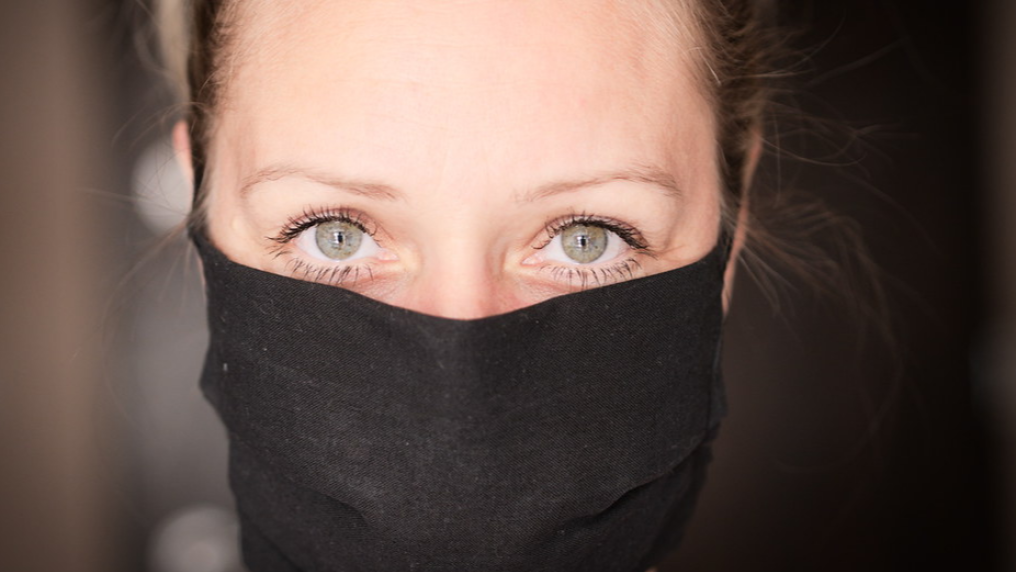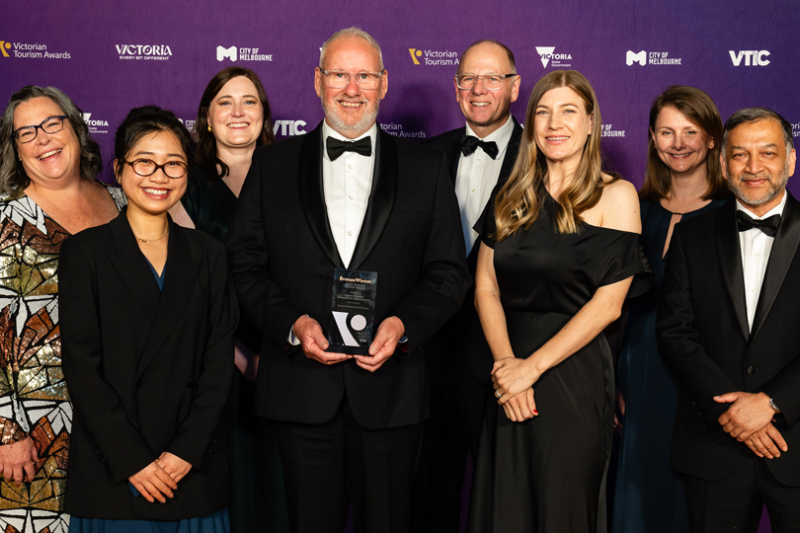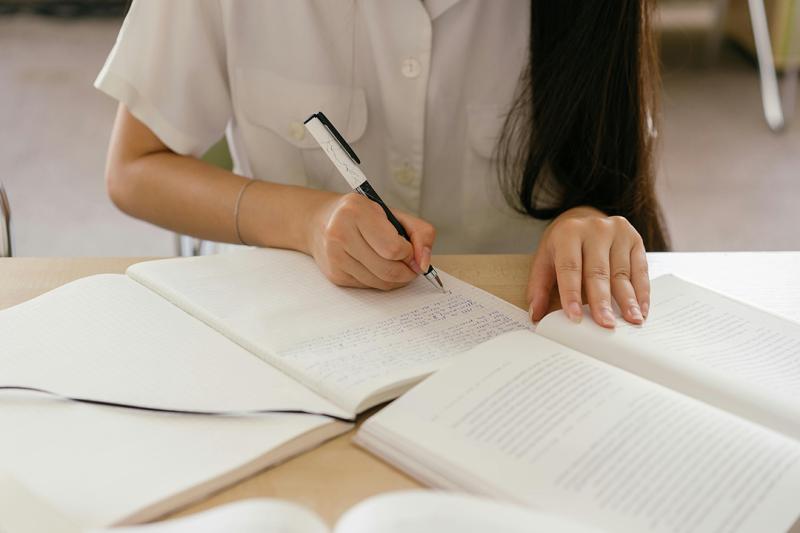Masking our emotions & COVID-19

As of midnight Wednesday 22 July, for everyone living in Melbourne and the Mitchell Shire, life has changed. Again.
From now on, we grab our keys, phone, credit card, and bags, and, before we step out the door, we’ll also be reaching for a face mask. The new rule is the latest attempt to try and stop, or at least curb the spread of coronavirus (COVID-19) as figures across the state continue to climb.
Dr Glen Hosking, a Clinical Psychologist at Victoria University said the new laws may also present some unexpected psychologist hurdles.
“This pandemic continues to impact every area of our lives; physically, socially, economically and psychologically, so it’s okay to take some time to adjust while complying with this new stage – that is a completely normal response.”
Dr Hosking says adjusting to change is challenging for everyone, but there are ways to mitigate the negative aspects, such as keeping up an exercise routines:
“Due to the new rules, there might a tendency to stop exercising, but I’d encourage everyone to keep up your fitness routines. There is scientific proof that regular physical activity has a positive impact on our mental well-being, so in times like this, it’s even more important that we keep moving.”
Many of us have countless social exchanges every day, and most of the time we use our face to convey all sorts of emotions as we thank people or, reciprocate a smile. Now many of us are going to have to find new ways to respond. “Maybe we need to perfect a friendly nod or a wave, just a small gesture to acknowledge each other. I also think we have to remember that anyone with a hearing or vision disability will find wearing a mask especially difficult; being mindful of this is beneficial for the whole community.”
Infants and children under 12 are not required to wear masks, but kids might feel unnerved by seeing adults wear them. “It’s always helpful to encourage candid conversations about how children are coping with issues, and this is no different. Check in with them, get a sense of how they feel about it, and share the facts so you can correct any misconceptions.”
Aside from fogging up our glasses, the wearing of masks will impact our lives in a number of ways, but Dr Hosking adds, “the most important thing to remember is that, as a community, we’re being asked to work together to stop the spread of COVID-19.”



